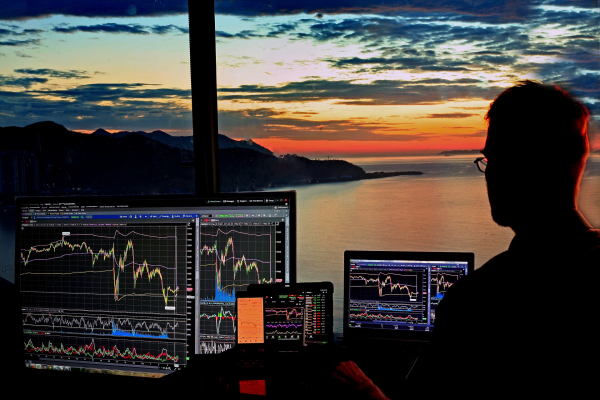The war between Ukraine and Russia has set the wheels of change in motion for stock traders. This is because stock traders rely on a peaceful trading environment to make money. The modern stock market is almost immediately thrown into action at the slightest hint of unrest in any part of the world. That’s why stock traders rush to move stocks and avoid potential massive losses. But how does war affect the world economy and, consequently, the stock markets? Past wars can shed light on how the stock market reacted and how the current war may play out in the trading arena.
1. Buying and Trading Stocks
The global economy held up against previous conflicts in the Middle East, progressing without a hitch, but the Ukraine-Russia war poses a more significant threat. Most traders are looking at exit strategies under the increased risk of losses. Very few traders are still buying and trading stocks. Expert traders may still look for penny stocks to buy because they cost less and pose less investment risk. The only downside to this is that penny stocks can be hard to liquidate, taking many options away from traders.
2. The War Puzzle
Generally, in history, stock prices will plummet each time people face uncertainty right before war breaks out. Researchers have found that pre-war periods are usually when stock traders suffer considerable losses. However, the researchers found that stock prices make a sharp peak before falling again in the first few hours after war breaks out. Any seasoned trader would take this opportunity to sell all stocks and keep their assets liquidated or invested in assets like land and real estate. It is unclear why the stock prices rise right after war breaks out, as there is no actual increase in value.
Further studies have shown that stocks remain stable during periods of war. Less stock volatility may allow stock traders to jump back into the trading game. Experienced traders can tell which stocks will come out of war. They can buy these stocks at low buying prices and sell them once the war ends.
3. A Spike in Risk
Stock traders are wary of moving their investments without feedback from trusted sources—amateur stock traders, or trade off the headlines of the day’s news. News can be your worst enemy as a trader as it can be a rouse designed to trick you into buying or selling at a loss. News of war travels fast worldwide, but most stock traders keep calm and implement well-thought-out risk management strategies. Trading high-risk stocks often lead to high returns but should only be done by expert traders. Risk appetite should be guided by facts and well-argued points to mitigate the chance of losses.
The Bottom Line
No other war in recent history has disrupted the global economy and stock market, quite like the Russia Ukraine war. The stakes are now more than ever high in the stock market. Because Russia produces most of the world’s crude oil, Vladimir’s next move could make or break multiple economies worldwide. Stock traders are advised to stick to stocks with big balance sheets and high cash flow. It would be best to stay away from stocks that are hard to liquidate because they leave you exposed to risk. The silver lining in war is once you understand how the stock market is moving in relation to the country’s political atmosphere, you can position yourself for significant profits. The GDP plays a crucial role in the stock market, so stock traders keep a close eye on the GDP of different countries.
Media Contact
Company Name: Penny Stocks
Contact Person: Media Relations
Email: Send Email
Country: Canada
Website: https://pennystocks.com/

